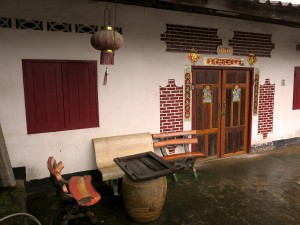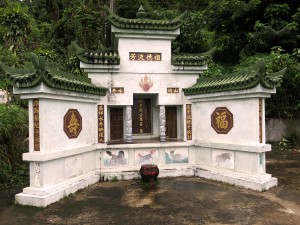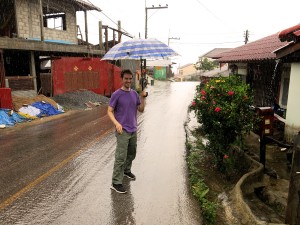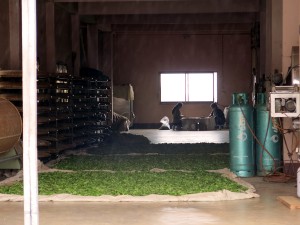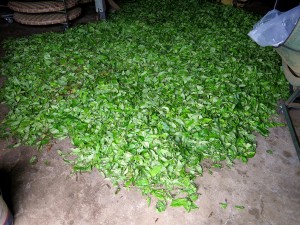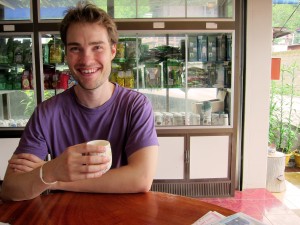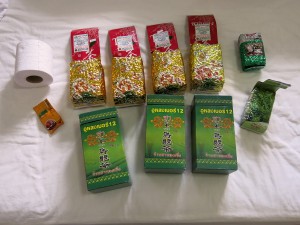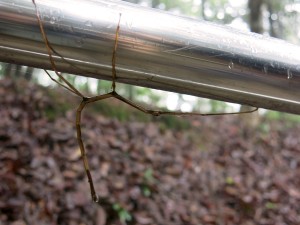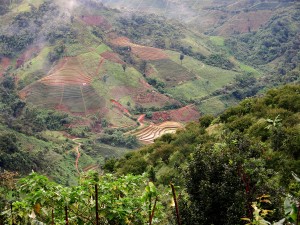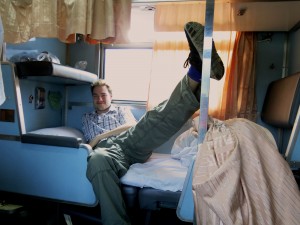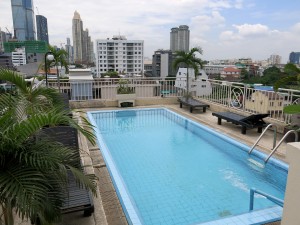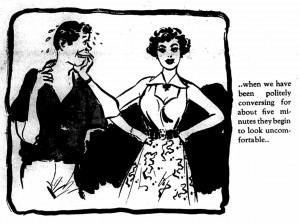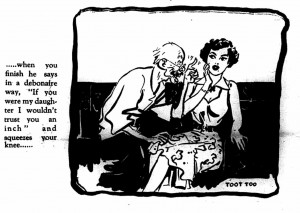Recently I’ve been reading through some reports created by Americans in the 1960s as they tried to help the Royal Thai Government incorporate “hill tribes” into the nation of Thailand. These Americans were primarily trying to prevent small isolated villages from radicalizing and joining broader communist movements taking place across Southeast Asia.
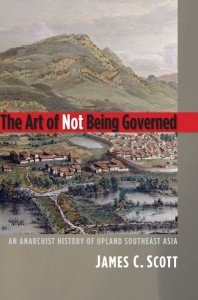 Many of these report contain interviews with members of the hill tribes, and they have really got me thinking about how upland peoples interact with the state. In his book The Art of Not Being Governed: An Anarchist History of Upland Southeast Asia, James C. Scott makes a number of argument demonstrating that hill tribes throughout history, more often than not, have attempted to evade the state and have actively worked to exist outside of the nation. But, these interviews tend to suggest that a number of upland peoples in Northern Thailand in the 1960s wanted to be more deeply embedded within the nation. They wanted to be governed.
Many of these report contain interviews with members of the hill tribes, and they have really got me thinking about how upland peoples interact with the state. In his book The Art of Not Being Governed: An Anarchist History of Upland Southeast Asia, James C. Scott makes a number of argument demonstrating that hill tribes throughout history, more often than not, have attempted to evade the state and have actively worked to exist outside of the nation. But, these interviews tend to suggest that a number of upland peoples in Northern Thailand in the 1960s wanted to be more deeply embedded within the nation. They wanted to be governed.
It seems that almost all groups were aware that being born within geographical borders of the Thai nation-state, or geo-body if you prefer, created a certain set of rights and responsibilities based on their nationality. They particularly wanted the educational opportunities that they observed in lowland communities. However, many were confused by what appeared to be a racial and civilizational bias toward being racially Thai. They also found it disheartening that the only Thai officials they meet with any regularity were military boarder police.
This desire to be further incorporated into the state, particularly the desire to be educated by the Thai government, really flies in the face of Scott’s work. Moreover, it make me wonder why these incorporation programs by both the American and Thai governments turned out so poorly. Were these reports a sort of wish fulfilment by Thai and American researchers, or were these desires to be at least at some level smoothly incorporated into the state simply ignored?

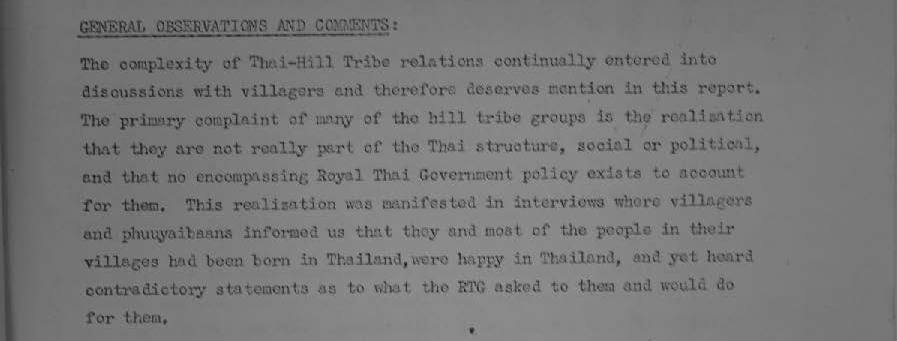
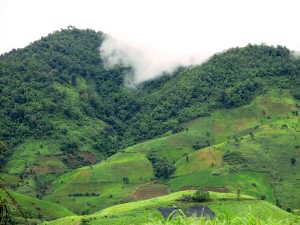 Mae Salong may be my favorite place in Thailand. Not only does it grow and produce wonderful oolong teas in the Taiwanese style, but it is also filled with funky modern history and is more than twenty degrees colder than Bangkok or even neighboring Chiang Rai.
Mae Salong may be my favorite place in Thailand. Not only does it grow and produce wonderful oolong teas in the Taiwanese style, but it is also filled with funky modern history and is more than twenty degrees colder than Bangkok or even neighboring Chiang Rai.